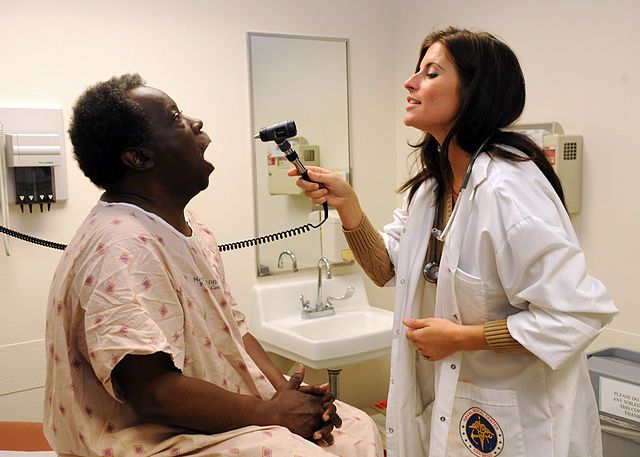Denmark has two of the top 30 hospitals in the world, according to an annual ranking based on expert opinions compiled by Newsweek.com and Statista.
Leading the way was Aarhus University Hospital in 19th place with Copenhagen’s very own Rigshospitalet in 26th.
The ranking was quite extensive, assessing 2,200 hospitals in 27 countries, and 21 of them had at least one hospital in the top 150.
Denmark ended up with four, as Odense University Hospital and Aalborg Hospital did enough to be ranked 95th and 110th respectively.
Performing in the pandemic
The results, to some extent, reflect the efforts of hospitals worldwide to deal with the pandemic.
Many hospital representatives told Newsweek how COVID-19 had forced them to dig into their physical and mental reserves: “improvising on the fly” was how one put it.
“What has set the world’s leading hospitals apart is their continued ability to deliver the highest-quality patient care and conduct critical medical research even as they focused on battling COVID,” praised the ranking compilers.
“Indeed, as the fourth annual ranking of the World’s Best Hospitals by Newsweek and Statista shows, consistency in excellence is the hallmark of these institutions, with familiar names dominating the list and top spots.”
US hospitals dominate
US hospitals accounted for the top three places: Mayo Clinic – Rochester (Minnesota), The Cleveland Clinic (Ohio) and Massachusetts General Hospital in Boston.
In total the US had 33 hospitals in the top 150, well ahead of the second best country: Germany with 14. Charité – Universitätsmedizin Berlin, ranked fifth, was the top hospital in Europe.
Italy and France had 10 each. AP-HP – Hôpital Universitaire Pitié Salpêtrière was France’s top hospital at seventh, while Karolinska Universitetssjukhuset in Sweden was the Nordic Region’s top performer at eighth.
Sheba Medical Center, at 10th, was the top performer outside Europe and North America, and South Korea the best performing country, with eight of the top 150.















